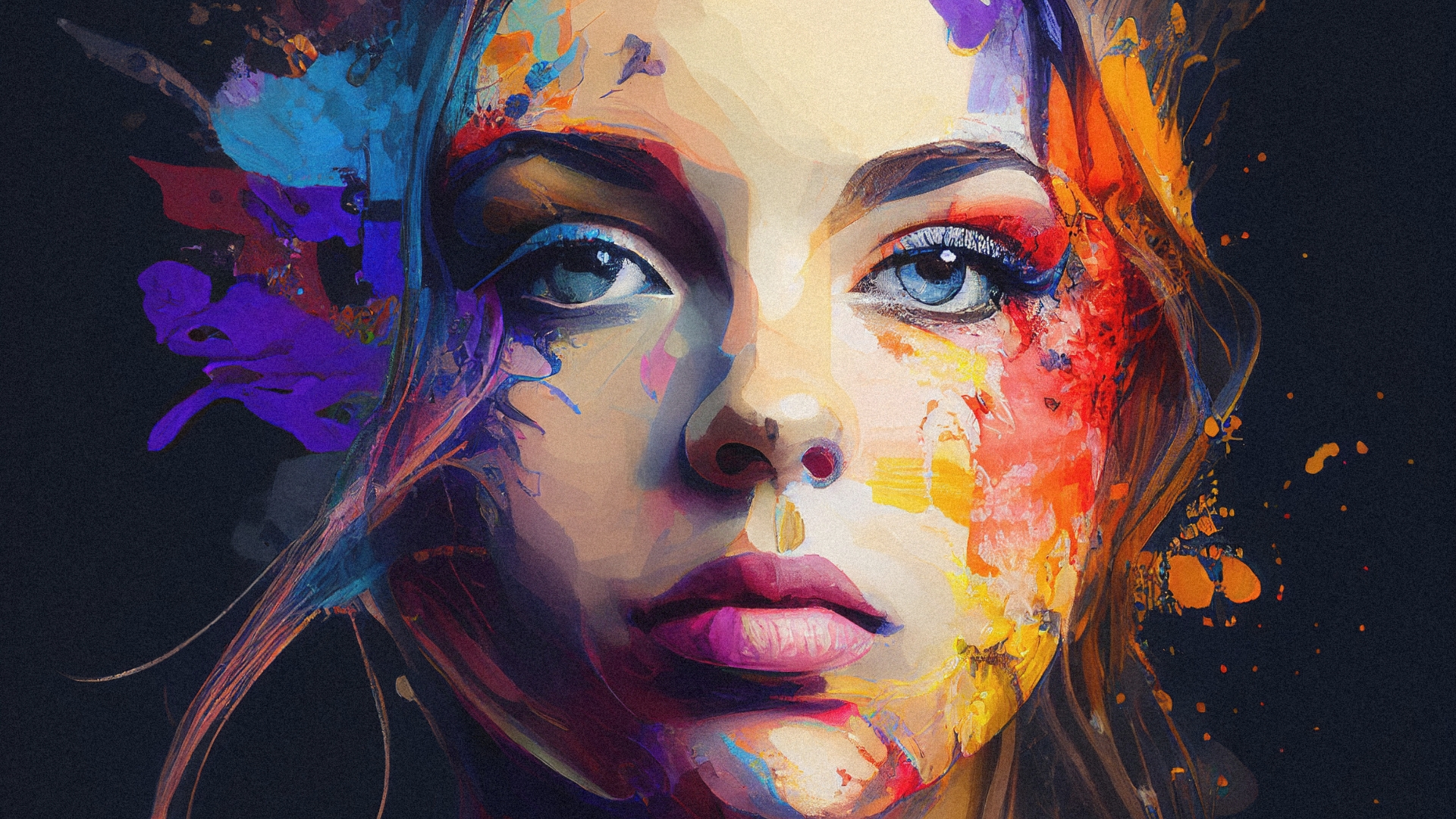
AI: The artificial influencer problem runs deep
AI is the biggest thing in digital right now and we are at a point where this new-age tech has seamlessly integrated into our daily lives. From incredibly helpful AI-powered language models like Chat-GPT to the endless wonders of platforms like Midjourney, the benefits of AI technology are vast. However, there is a looming threat within AI that opens up a whole world of trouble for content creators & the influencer marketing industry in its entirety: Deepfakes.
Deepfake Doppelgängers
Since the dawn of the influencer marketing industry, 2 crucial pillars have underpinned its success: trust and authenticity. Unfortunately, deepfakes pose perhaps the most significant threat to these essential elements since the industry began. Undermining these key pillars will lead to an inevitable loss of credibility among content creators.
Imagine making a purchasing decision because you believed it to be something your favourite influencer was authentically promoting, only to discover it was an artificial manipulation all along. It’s just not a vibe.
Cases of deep fake scandals are already evident in the industry. Earlier this year celebrity podcaster, Joe Rogan, found himself at the centre of a deepfake scam which caught huge media attention. A 28-second video clip of the popular JRE podcast, which largely has a younger male audience, Rogan and guest, Andrew D. Huberman, appeared to actively promote a male libido booster. The deepfake even mentioned its popularity on platforms like TikTok and provided detailed instructions on purchasing the product from Amazon. Watch that video here.
Following the viral spread of this deepfake clip, both Rogan and his guest had to publicly defend themselves against the fabricated video. This is just one of the thousands of videos now going live every day.
Given the current state of technology, content creators will increasingly find themselves entangled in cases of identity theft in the coming 5-10 years if measures are not implemented to combat this issue. The time has come for platforms to invest in tools that can help detect deepfakes and verify the authenticity of content.
The Cost of Impersonation
So the threat to the legitimacy of the industry is quite clear, but there is also a threat to the individual creators themselves. Digital manipulations have the potential to wreak havoc on the personal life of someone in the spotlight, tarnishing their following and reputation and potentially subjecting them to legal battles.
Unfortunately, incidents are already occurring. Recently, popular Twitch streamers fell victim to having their identities used in deepfake pornography after one streamer was caught watching their fellow creators during a live stream. Naturally, this had a detrimental impact on the creator whose images were used without consent, sparking crucial conversation about the dangers of deepfake imagery on the platform.
Twitch has since announced a new comprehensive plan to combat deepfake content on its platform, with a specific focus on addressing non-consensual exploitative deepfake images.
For content creators, their identity and reputation are their livelihoods. Building a brand and cultivating a dedicated audience can take years of hard work. We are all too aware of how quickly these can be torn apart in the era of cancel culture. Now, with the added threat of deepfakes potentially destroying an individual's reputation with their audience and causing significant harm to their mental well-being, the concern is very real.
Brand x Consumer Impact
While deepfake technologies can offer possibilities for brands to collaborate with celebrities & content creators without having to consume excessive amounts of their time, it is crucial not to overlook the potential harm they can inflict on a brand's reputation.
Deepfakes have the power to quickly erode the trust that brands spend years building with their consumers. As awareness of deepfakes in the industry grows, scepticism towards influencer-generated content will naturally increase, leading to doubts about authenticity and sincerity.
An article from the International Trademark Association highlights this concern: "The use of a trademark in a deepfake video puts brand owners in peril. Combining the trademark with potentially negative sentiment communicated in the video stands to damage the brand’s reputation in the marketplace."
Who’s Responsible?
So, where does the responsibility lie in controlling and mitigating the potential harm caused by deepfake technology in the future?
As mentioned earlier, the onus falls on the platforms where the content is posted to implement measures that can authenticate the legitimacy of content. Creators must be able to build a following on a platform with confidence and security, without the constant threat of their identity being used against their will.
It is only a matter of time before platforms implement steps to authenticate creator content. The emergence of verification features such as Twitter Blue and Meta Verified, which require government identification to obtain a verification badge, is a step forward in establishing legitimacy. However, the hurdle lies in the fact that not everyone is willing to pay a monthly cost to prove they are who they say they are.
In the face of deepfakes, robust legislation & regulation are tools that must be used to control the use of this technology. As we’ve seen already, AI-generated manipulations of individual identities violate privacy and infringe copyright & intellectual property.
Laws have already been created in the US and China that make deepfakes illegal, and as the AI era continues to grow, there will only be more introduced worldwide.
Confronting challenges
While the boom of artificial intelligence is, without doubt, incredibly exciting and is propelling us into an era of boundless possibilities, we have to confront the challenges that our industry faces with the emergence of new tech. It is crucial for agencies, brands, influencers, and platforms to collaborate and implement comprehensive measures that preserve the integrity of the industry. As we embrace the technological advancements of AI, we must keep our commitment to maintaining authenticity and trust with consumers that keep the industry thriving.







